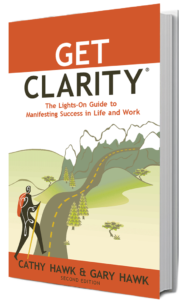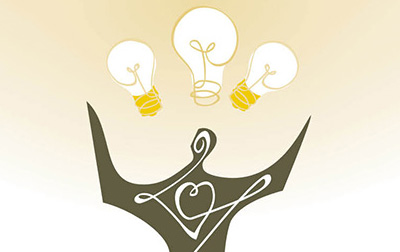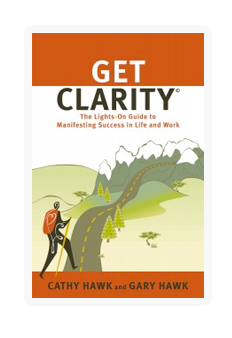Every day, all day we line up the options then choose. Fried, poached, scrambled, or hard boiled egg? Wheat, rye, sourdough, or white bread for toast? Coffee, juice, sparkling water, or mimosa to wash it all down? Writing out the breakfast choices makes the process seem much more complicated than it really is. Most decisions we make come lickety-split without much thought. Preferences stored in our memory and based on experience make the selection method seem intuitive. Why then does this intuitive talent go by the wayside when choice points are big – big enough to alter our life and the way we do business? How do we harness this natural intuition during points in our lives when choices seem all encompassing?
Jaimie knew she was at the prime of her career. She had five good years of experience under her belt and felt confident. She knew she could take on any challenge, but grew bored with her current job. These indicators led her easily into choice point number one; stay where she was or look for other jobs with new opportunities. With nothing to lose Jaimie didn’t over think her situation. She got busy sending out resumes and filling her calendar with interview appointments. Choice point number two would not come so easily. Jaimie narrowed her selection down to two companies both of whom extended offers; Sloan’s and Porter. While visiting Porter, Jaimie’s analytical mind danced with joy. All of her “perfect job” criteria were met at Porter including salary, private office, short commute, and quiet location. At Sloan’s Jaimie found herself disappointed in the salary offered, office space, and longer commute. From a purely analytical choice point, Porter was the winner. Yet Jaimie felt compelled by Sloan’s offer. She went over and over the options in her head and kept coming back to Sloan’s. Why? It felt right. The building overlooked a beautiful lake, her would-be coworkers smiled and laughed more during the interview, and she felt good when she was at Sloan’s. Porter felt wrong to her. The building offered little in the way of atmosphere, employees were all business showing little capacity for amusement, and she felt stifled as she walked through the building. She couldn’t rationalize why, she just knew how she felt.
Jaimie’s choice point came down to above the line feelings and below the line feelings. Sloan’s welcoming atmosphere made Jaimie naturally gravitate towards above the line thoughts of openness, generosity, and collegiality. At Porter she found herself feeling competitive and nervous. She was already deciding which coworkers she would not be able to trust. Jaimie could follow her intuitive, sixth chakra, feeling side or go with her analytical, first chakra, survival side. She chose feeling good. Once there, Sloan’s treated her well and gave her even more experience from which to launch her own business. When leaving years later, she stayed in touch with many of her former coworkers and recalls her days with Sloan’s fondly.
It’s easy to make breakfast decisions knowing sourdough bread and hard boiled eggs don’t agree with your palette as well as rye bread and poached eggs. Intuitively, we don’t even have to think about some choices, we know the answer. Intuition shows up in how we feel at a gut level. Above the line thinking falls into place with our intuition. In fact, our intuition thrives and grows the more we find ourselves acting in accordance with above the line. Choice points can be challenging to navigate. Check in with your feelings and your intuition will lead you to the right choice at the right moment.




